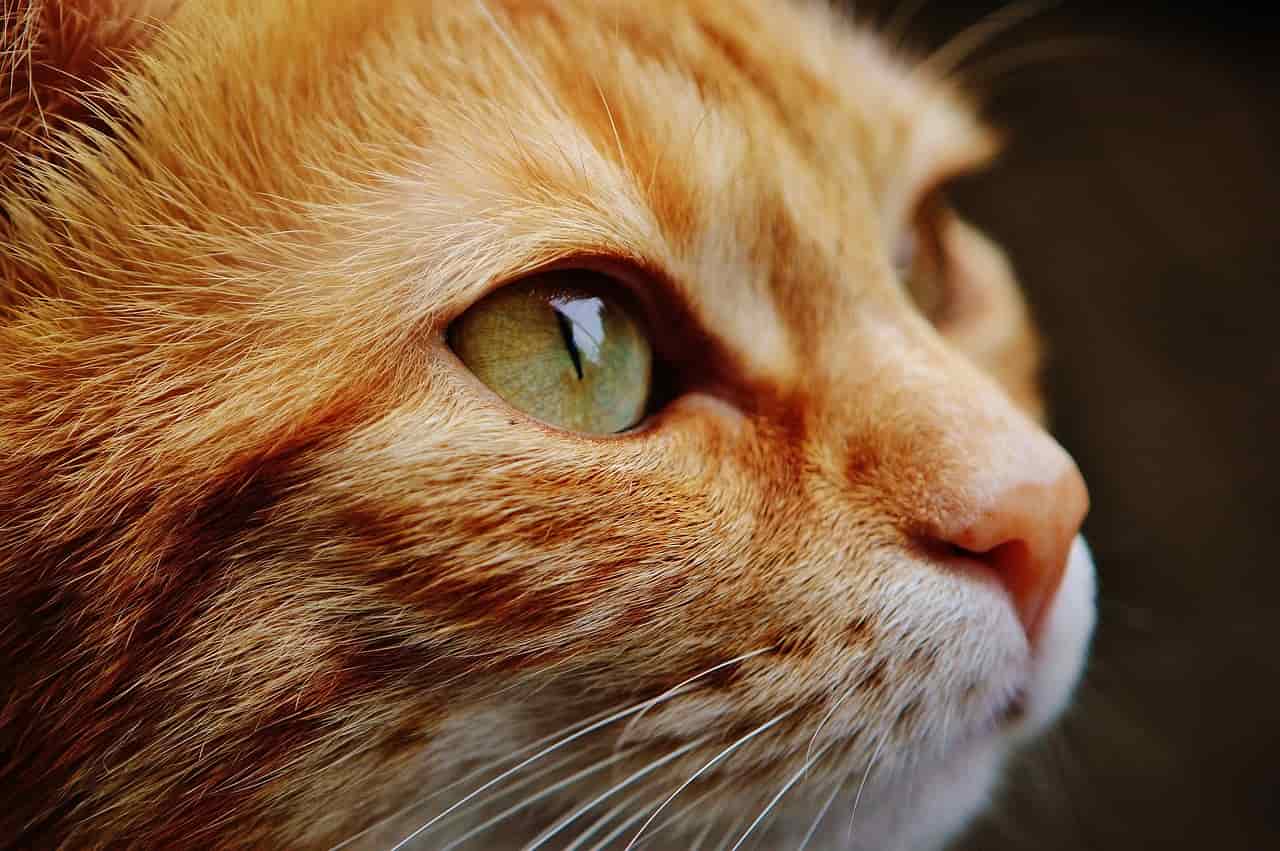If you have a cat that meows incessantly, especially at night, your situation is not unusual. However, a cat that meows loudly and repeatedly does not necessarily cause concern.
This behavior, called nocturnal vocalization or calling, can be a problem if it is a sign of discomfort or interrupts your rest.
It is well known that cats are night owls. As soon as we turn off the light, they start running around the house as if they have the feline version of a dog.
They can also meow a lot when they are engaged in their nighttime shenanigans. Sometimes, your cat’s nighttime meowing can be annoying and prevent you from getting much-needed rest.
If your cat does this, and you’re wondering, “Why does my cat meow at night, and what can I do about it?” you may want to ask yourself, “Why does my cat meow at night?”.
Why does my cat meow at night?
If your cat meows a lot at night, it’s normal to wonder why she does it. Here are six common reasons why your feline friend may do this:
1. Cats are naturally more active at night
If your cat meows at night, it may be because he is naturally more active at certain times. Although cats are generally thought of as nocturnal, this is not always true.
Cats are crepuscular and naturally more active at dusk and dawn. Although many cats adapt to their owners’ routines, this crepuscular tendency means that your cat may be especially active in the early morning when the rest of the household is asleep.
Young cats tend to be most active at night; their instincts tell them this is the ideal time to hunt. However, as they get older, they are likely to adapt their rhythm to the rest of the house, which should result in less nighttime meowing.
2. Your cat may be bored or understimulated.
If your cat howls or cries at night, it may be because she is bored or hasn’t been tired during the day. Active play before bedtime can contribute to him being more tired at night, as can trying to keep his mind busy and happy during the day.
In summary, a cat’s nighttime meowing is attention-seeking behavior. While it is essential to meet your cat’s needs, constantly indulging his attention-seeking tactics will likely lead him to perform them more frequently. If your cat continuously seeks attention at inappropriate times, try to give in only occasionally.
Indoor cats need plenty of opportunities to play and exercise throughout the day. So toys, cat towers, and other items are essential. Otherwise, you’ll find that they have a lot of pent-up energy when you go to bed.
3. Overactive thyroid or kidney disease
If your cat meows at night or does so frequently, you may want to consult a veterinarian to check on its health. Excessive vocalization, even at night, can be a sign of an overactive thyroid or kidney disease in cats.
4. A symptom of aging in older cats
Aging can affect us all, and cats are no different. As you age, the effects of aging on the brain can make your cat disoriented. Cognitive Dysfunction Syndrome (CDS) is directly related to the impact of aging on the cat’s brain and can manifest itself in various symptoms, such as excessive meowing at night. A visit to the veterinarian is necessary to rule out any complications.
5. Howling may indicate that the cat is in heat.
Many of us have heard the loud sounds of a cat howling late at night. This is usually the sound a cat makes when she calls for a male in heat.
You can reduce this natural process by spaying or neutering your cat, eliminating unexpected pregnancies’ stress.
What can I do if my cat meows at night?
As always, the first thing to do when your cat meows excessively at night is to talk to your veterinarian, who can ensure there is no physical problem. They can also advise you on ways to reduce your cat’s nighttime meowing.










